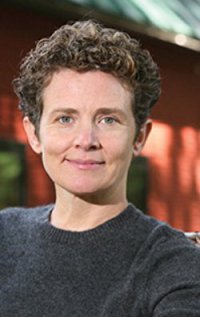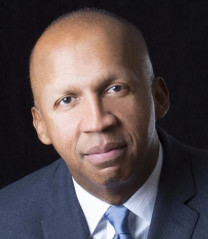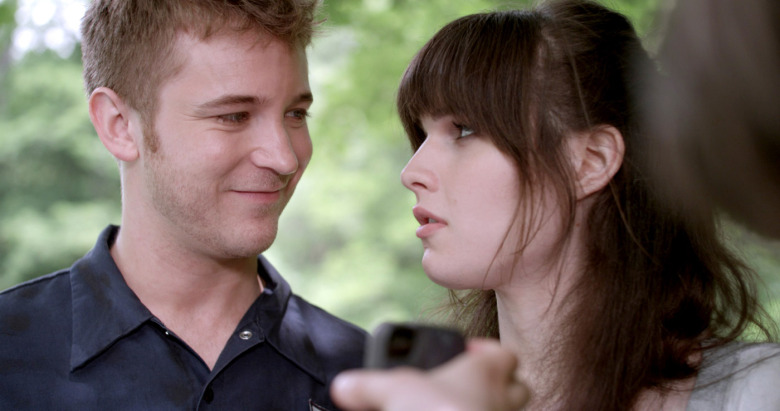My Buddhist teacher, Lama Surya Das, once told me an alternative story about Moses and the tablets he brought down the mountain. This version ended with God saying something like: “Dude, don’t stress out over those tablets. What I have given you is more than words and can’t be contained in any pieces of stone.”
The point was that great religious truths can’t be expressed fully in words. Nor, I’d add, can great emotions like love and grief. If you’ve ever tried to write about these with complete honesty, you’ll know what I mean.
 Kate Braestrup
Kate Braestrup
I’ve recently read two memoirs that come as close as possible, for us earthlings, to putting religious truths, love and grief into words.
I’ll start with Here If You Need Me: A True Story, by Kate Braestrup, a Unitarian Universalist minister who serves as a chaplain to the Maine Warden Service. Rev. Braestrup says she is called “to tell the truth in love,” and she succeeds with brutally honest self-reflections, leavened by a wicked sense of humor, and with stories from her search-and-rescue missions, which she turns into allegories that are both literary and practical.
When she breaks the news to a young man that his troubled sister’s body has been found where she wandered into the woods to die after taking an overdose, he worries that suicide is a sin and no church will bury her. Here’s Braestrup’s reply:
The game wardens have been walking in the rain all day, walking through the woods in the freezing rain trying to find your sister. They would have walked all day tomorrow, walked in the cold rain the rest of the week, searching for Betsy, so they could bring her home to you. And if there is one thing I am sure of — one thing I am very, very sure of, Dan — it’s that God is not less kind, less committed, or less merciful than a Maine game warden.
That’s religion, love and grief in one anecdote, but it wasn’t a passion for, or even an interest in, theology that led Braestrup to the seminary. It was the auto-accident death of her husband, a Maine state trooper who wanted to become a Unitarian Universalist minister. While raising their four children, she went to seminary because he couldn’t.
Her book is a gem for anyone who has faced grief, or will face grief, or who simply wants to find grace in a loving, everyday theology.
Just as Braestrup didn’t start out wanting to be a minister, Bryan Stevenson didn’t particularly want to be a lawyer, especially when he discovered what most of his classes at Harvard Law School were like. But that changed when he began working with condemned prisoners. He tells some of their stories, and his, in Just Mercy: A Story of Justice and Redemption.
 Bryan Stevenson
Bryan Stevenson
Stevenson grew up in the African Methodist Episcopal church, which at first glance might seem a far way from Braestrup’s (and my) Unitarian Universalism. But I see them as having a common core, a belief in redemption and, as Stevenson says, that “each person in our society is more than the worst thing they’ve ever done.”
With his Equal Justice Initiative, Stevenson has accomplished more, it’s safe to say, for the very least among us — those men, women, and children condemned to die or to spend their lives incarcerated without the possibility of parole in the United States — than anyone else alive. I won’t try to innumerate the many deserved honors he has received, but his well-written book focuses on the human stories behind the cases he has won, and lost. You can see them here.
Of the people you will meet in Just Mercy, some were wrongly convicted, some were sentenced with no mercy and no hope for redemption, some as young as 13. And, as Braestrup does, Stevenson shares with the reader a glimpse of the anguish that informed his own journey, and his grief for those he can’t help.
Some might focus on the differences between these two authors, and these two books, but both tell stories of meeting grief with love, and of faith in a loving God.
— Mel Pine (Urgyen Jigme)
Copyright 2017 © Mel Harkrader Pine
Share this:





